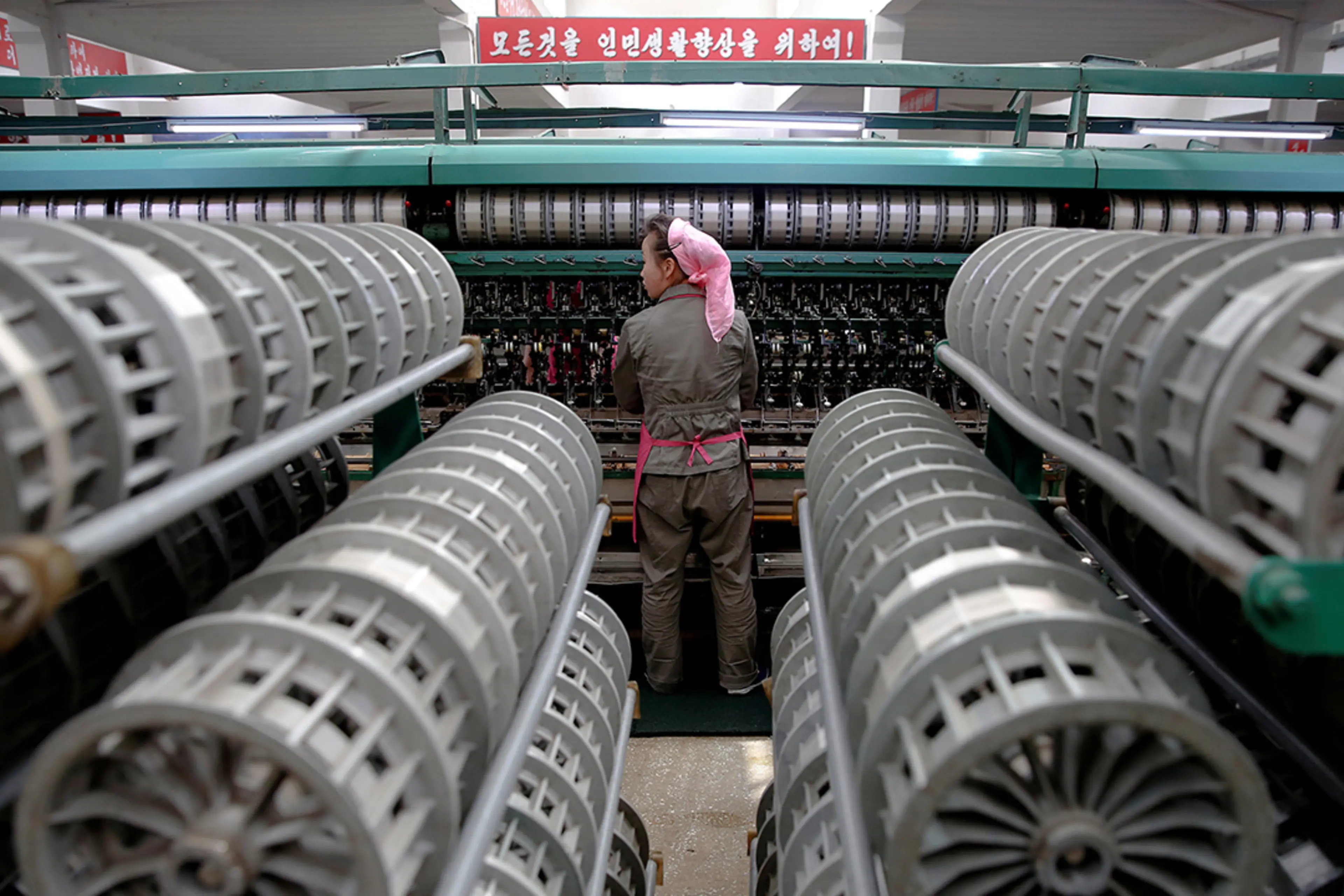Introduction
 World powers have pursued economic and financial sanctions on North Korea for more than a dozen years to pressure it to denuclearize. They have also deployed sanctions to punish the regime for cyberattacks, money laundering, and human rights violations.
World powers have pursued economic and financial sanctions on North Korea for more than a dozen years to pressure it to denuclearize. They have also deployed sanctions to punish the regime for cyberattacks, money laundering, and human rights violations.While these measures have exacted a heavy toll on the North Korean economy, experts say their effectiveness has been undermined by the failure of some countries to enforce them and the willingness of some companies to flout them. Even if the sanctions were tightened, however, many question whether they would achieve the desired outcome.
Why does North Korea face sanctions?
The Democratic People’s Republic of Korea (DPRK) has undertaken a broad range of activities over the years that has drawn international condemnation in the form of sanctions. Chief among them are the development of nuclear weapons and ballistic missiles.
North Korea’s leadership, under successive Kims, considers nuclear weapons the sole means to guarantee its survival. Pyongyang points to U.S. military bases in the region, as well as the war games the United States regularly holds with its allies, as a threat to its existence. The DPRK ratified the Nuclear Nonproliferation Treaty in 1985 but withdrew in 2003, citing U.S. aggression. It carried out its first nuclear test three years later. Current leader Kim Jong-un sees nuclear weapons as “a military asset, an insurance policy, and a vast source of prestige all in one,” write Vincent Brooks and Ho Young Leem, former leaders of the Republic of Korea–U.S. Combined Forces Command, for Foreign Affairs. They say Kim has witnessed governments in Ukraine, Iraq, and Libya be overthrown after giving up their nuclear weapons and that he is determined not to make the same mistake.
Several rounds of bilateral and multilateral negotiations on denuclearization dating back to the 1990s have failed. After the June 2018 meeting in Singapore between U.S. President Donald Trump and Kim Jong-un—the first summit between sitting U.S. and North Korean leaders—the United States suspended a series of high-profile military exercises with South Korea, but the declaration it signed with North Korea did not produce tangible steps for denuclearization or sanctions relief. The leaders’ second summit, in February 2019, ended early after the two sides made incompatible demands. Talks have remained stalled since, and Kim has ramped up missile testing, launching more missiles in 2022 than in any prior year. U.S. President Joe Biden and South Korean President Yoon Suk-yeol have urged Pyongyang to restart talks, while also pledging to expand joint military drills.
No comments:
Post a Comment